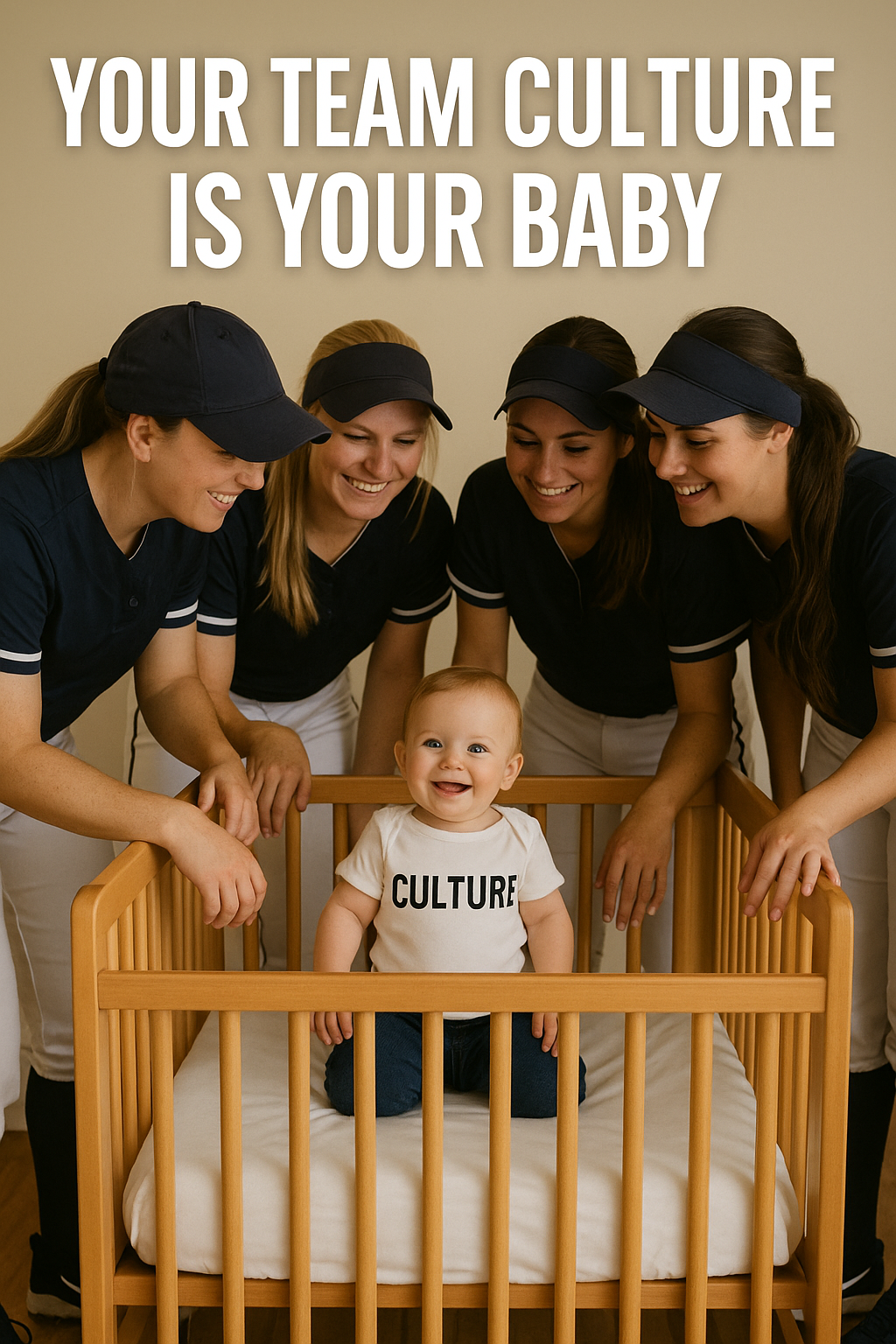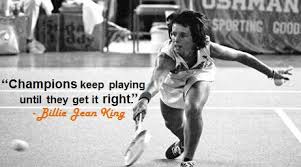“Team Culture Is a Baby: Everyone’s the Babysitter” – Sue Enquist, Hall of Fame UCLA Softball Coach
This was the profound advice Hall of Fame coach Sue Enquist recently shared with me in the recent episode of the Significant Coaching Podcast.
It hit me right away. She’s absolutely right. Culture doesn’t survive on its own. It needs to be fed, protected, and nurtured—every single day.
And here’s the truth: you can’t feed a baby once in a while, you have to do it every day.
That’s the same with culture.
Daily Care, Not Occasional Effort
A strong culture isn’t built in big speeches or after championship wins—it’s built in the daily habits of a team.
- Encouraging a teammate when they’re down.
- Owning mistakes instead of hiding them.
- Bringing energy when practice feels like a grind.
These are the feedings that keep culture alive. Skip them too often, and the culture starves.
Protecting What’s Fragile
Babies are vulnerable. So is culture. One sarcastic comment, one selfish action, one unchecked attitude can do real damage. But the threats don’t always come from inside. Sometimes it’s outside voices and pressures that try to deteriorate and harm what the team has built.
- Parents who complain about playing time or second-guess the coach in front of athletes.
- Social media that fuels comparison, gossip, and negativity.
- Peers and classmates who mock commitment, discipline, or the team’s goals.
- Community or alumni voices pushing agendas that don’t align with the team’s values.
A good babysitter wouldn’t leave a baby unattended in a dangerous room. In the same way, great teams don’t leave their culture unprotected. They step in to guard it when behaviors don’t match the team’s values—or when outside forces try to chip away at it.
Thinking Beyond Graduation
It’s especially important for upperclassmen to see culture not just as something for today, but as something that must live beyond them. How they treat, train, and mentor underclassmen determines whether the culture grows and matures—or whether it fades once they walk across the graduation stage.
This is where culture becomes more than just a feeling in the locker room. This is where it becomes legacy. The daily care invested in teammates today becomes the standard tomorrow. That’s what significance looks like: leaving behind something stronger than you found it.
Everyone’s Responsibility
Here’s the challenge: culture isn’t just the coach’s job. It belongs to everyone. At any given moment, whoever is in the gym, on the field, or in the locker room is the babysitter. And each person has the choice: strengthen the culture or weaken it.
So ask yourself: Am I feeding our culture today? Am I protecting it? Am I helping it grow—not just for me, but for those who will come after me?
Because culture isn’t built by slogans on the wall. It’s built by daily care, passed from class to class, until it outlives you.
That’s culture.
That’s legacy.
That’s significance.
If you want more tools and resources to help you build culture, navigate recruiting, and lead with significance, visit CoachMattRogers.com. You’ll find weekly blogs, the Significant Coaching and Significant Recruiting podcasts, and guides like Significant Recruiting: The Playbook for Prospective College Athletes. Whether you’re a coach, an athlete, or a parent, it’s designed to help you not just chase success—but build something lasting.






